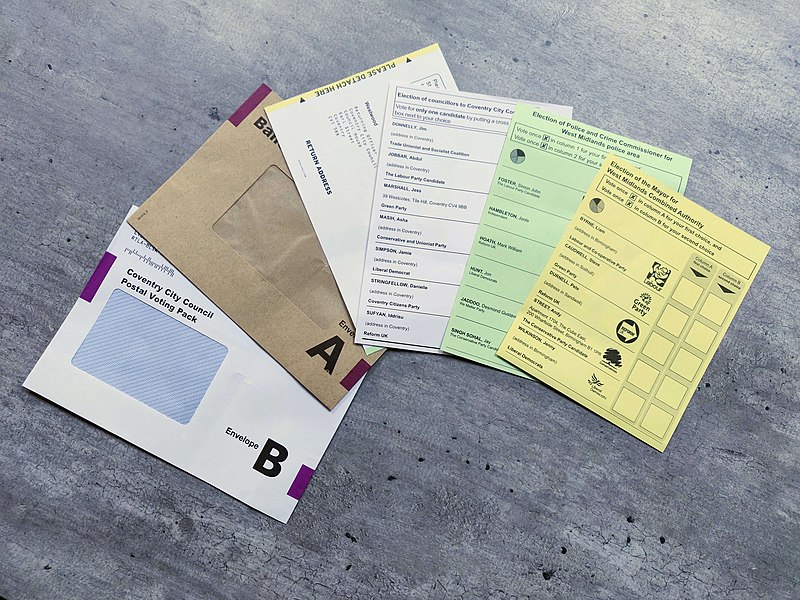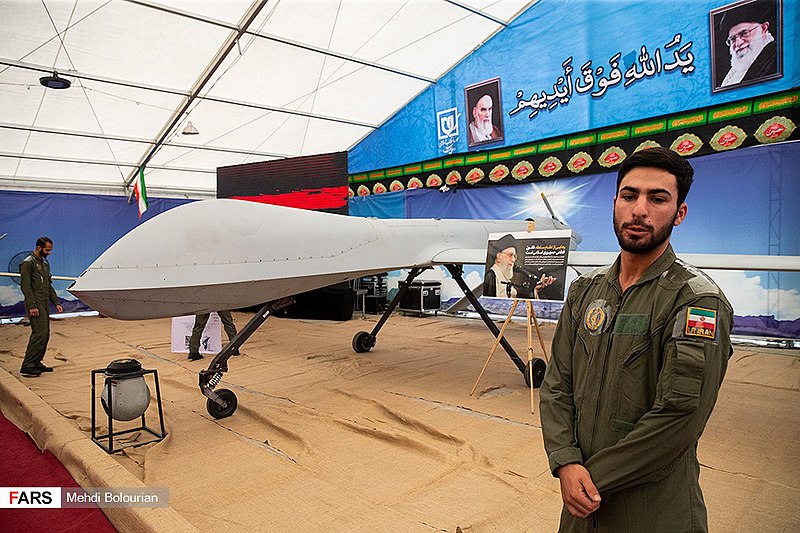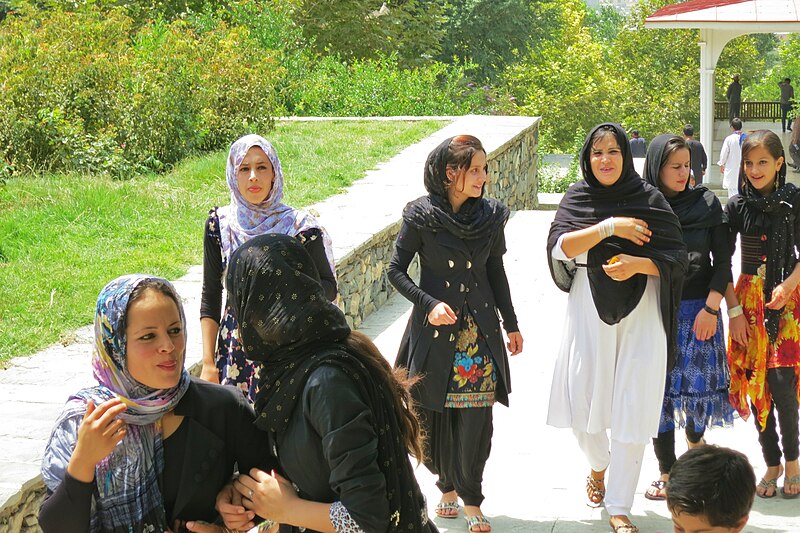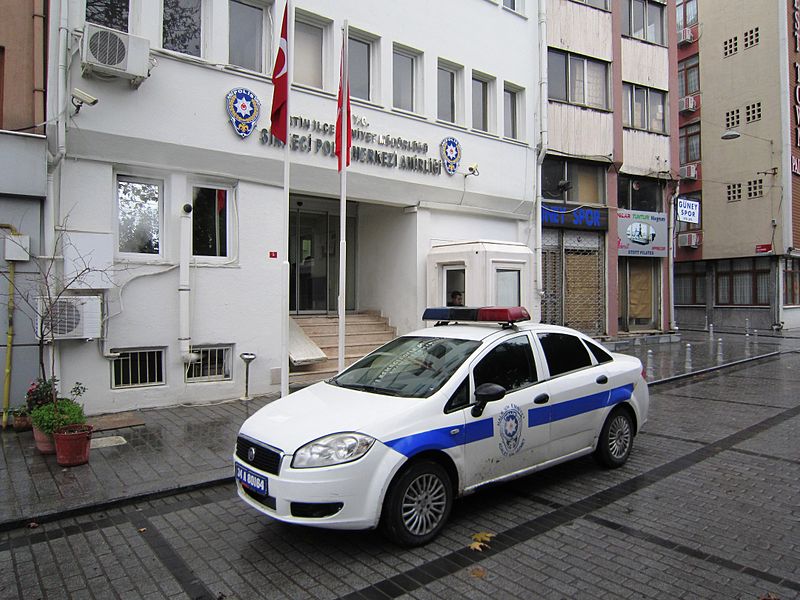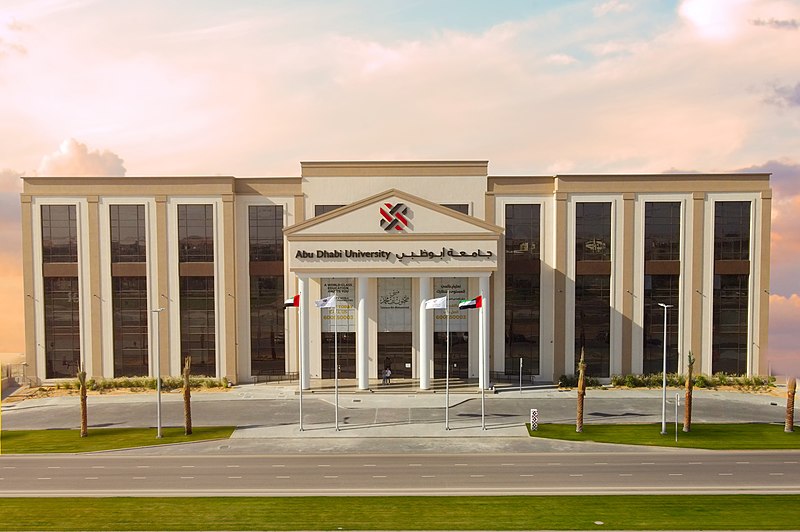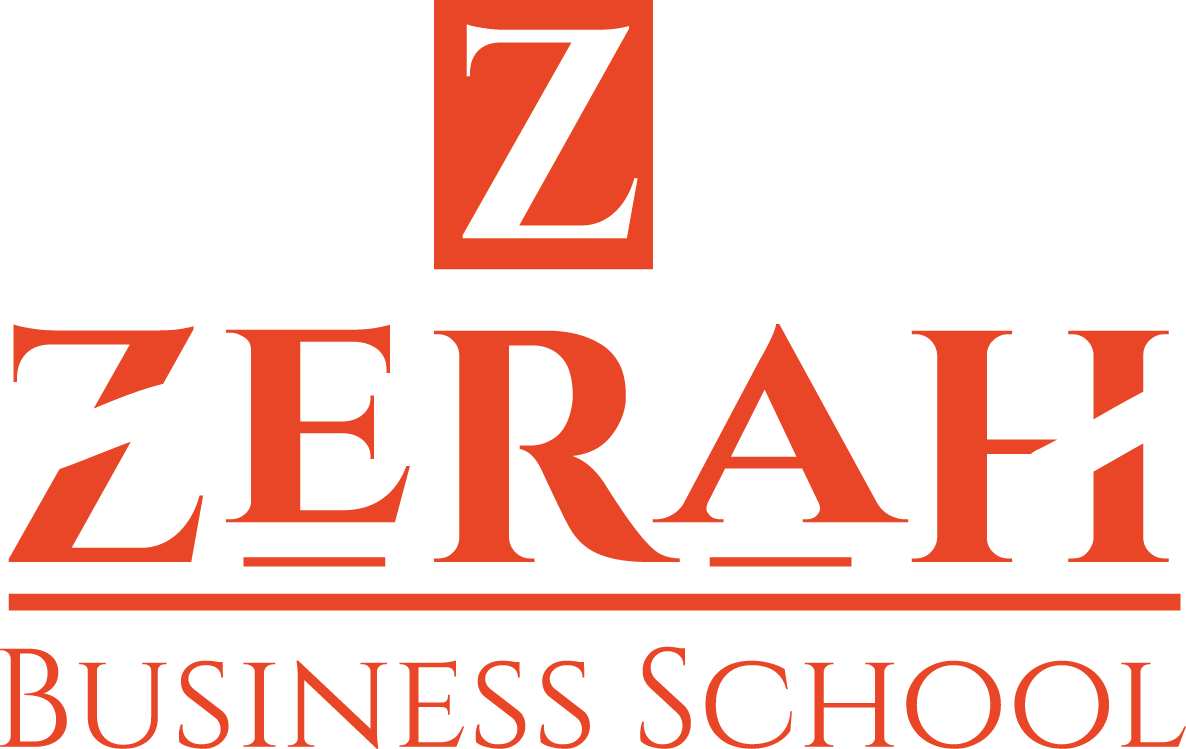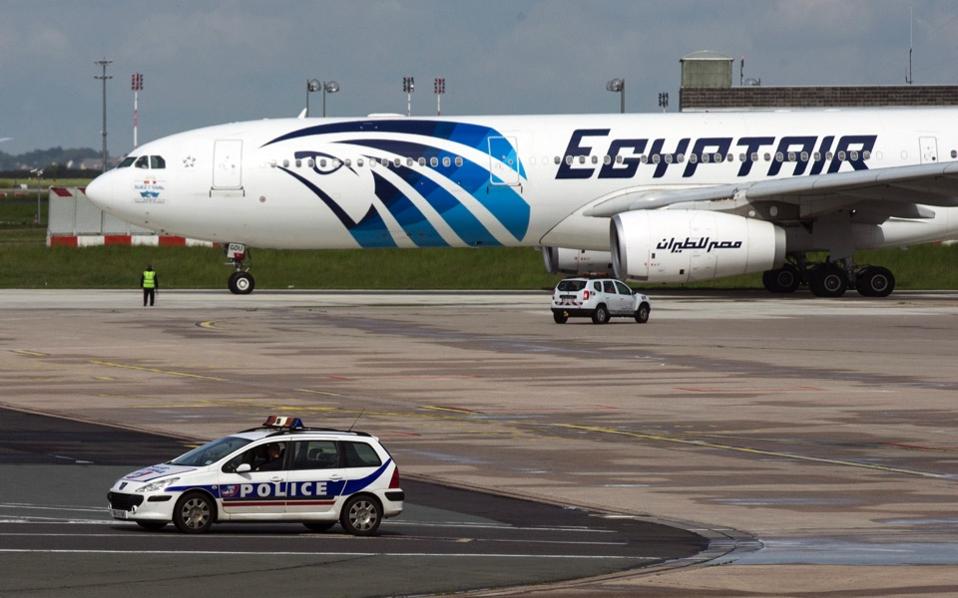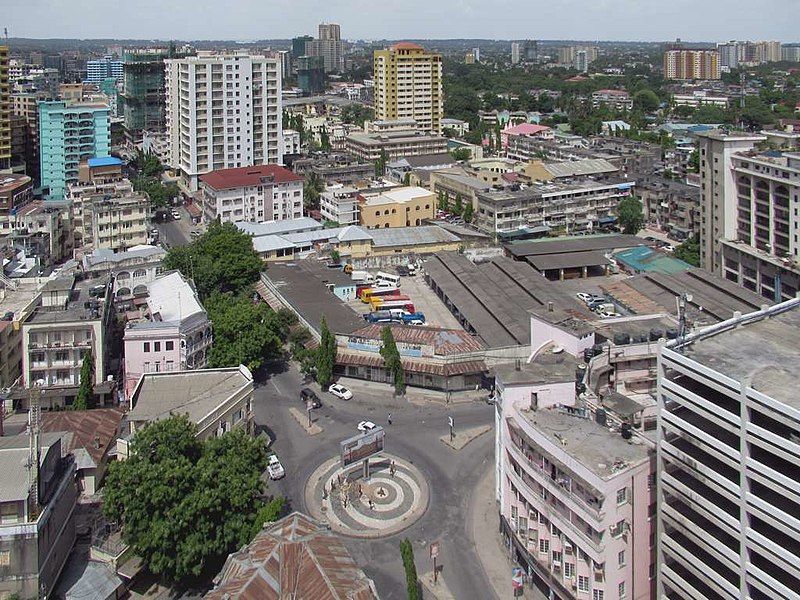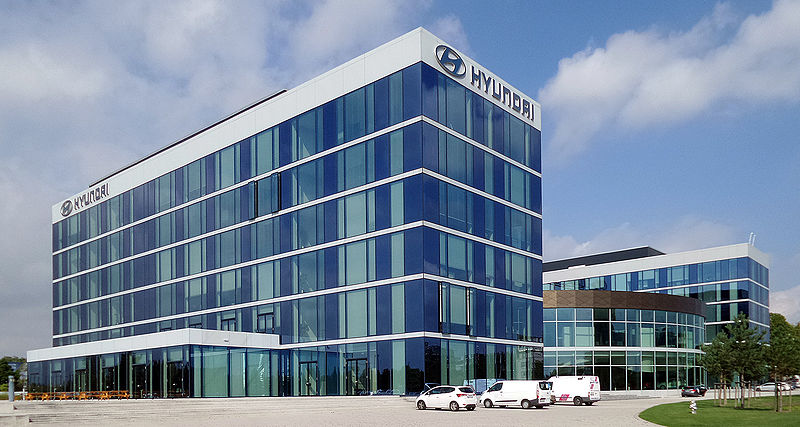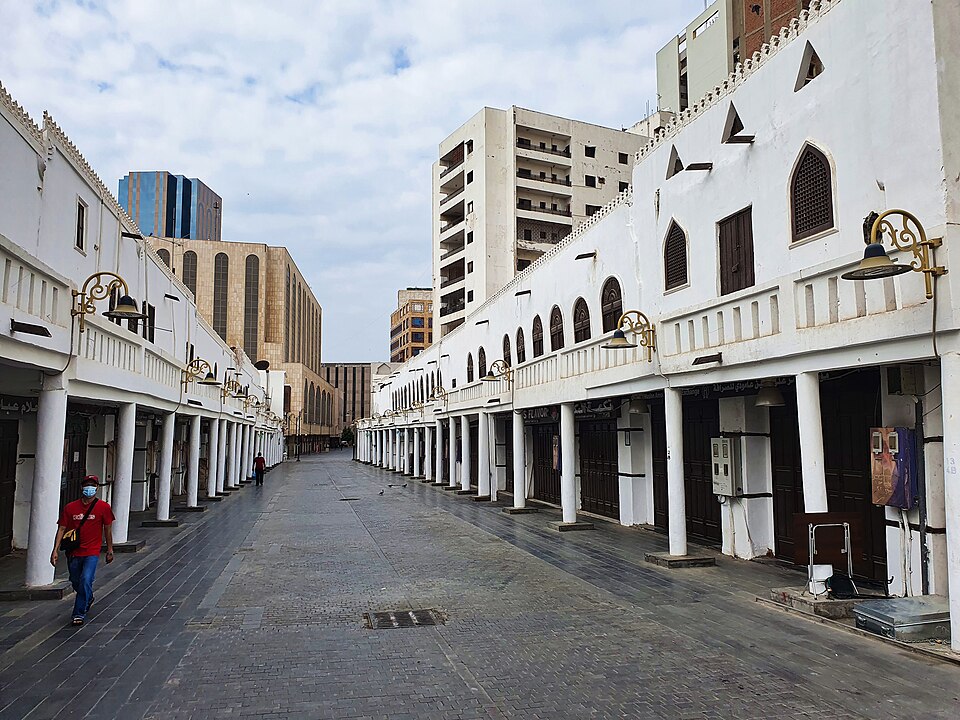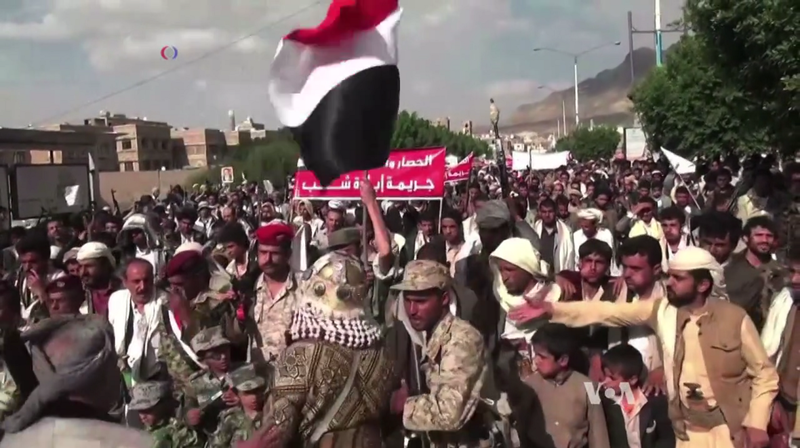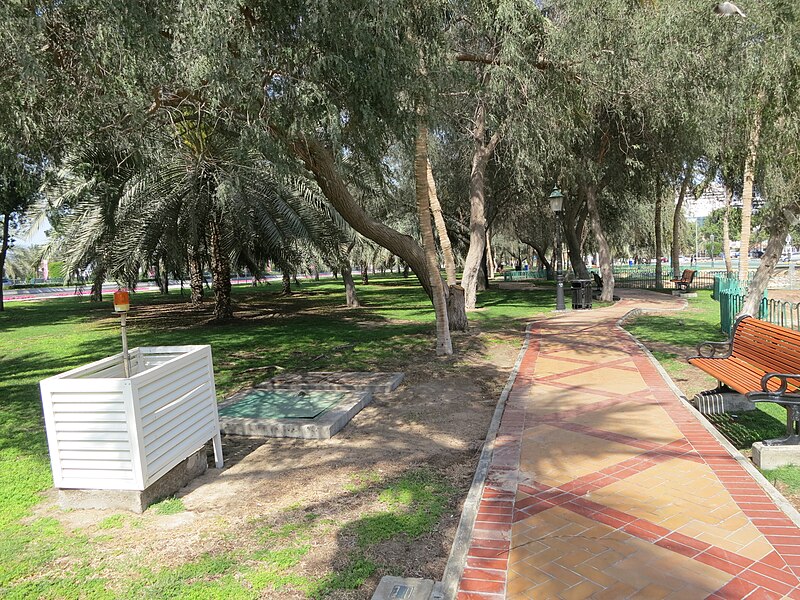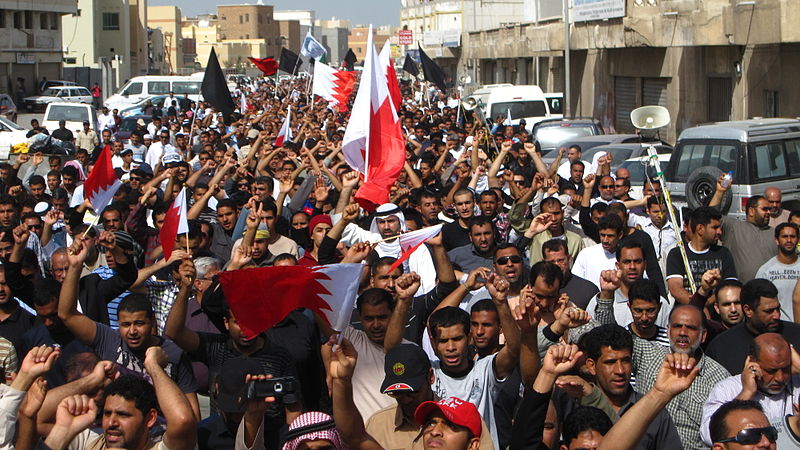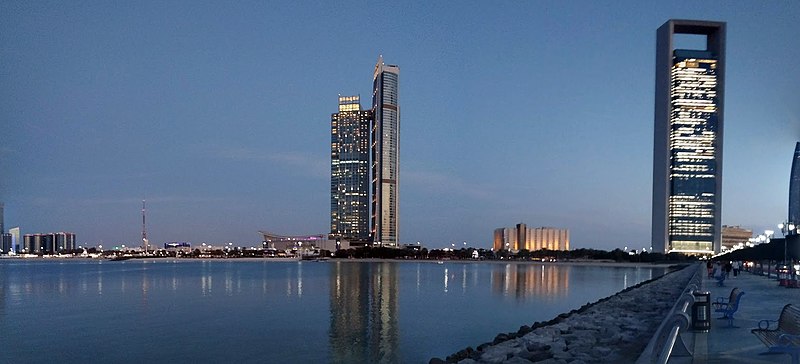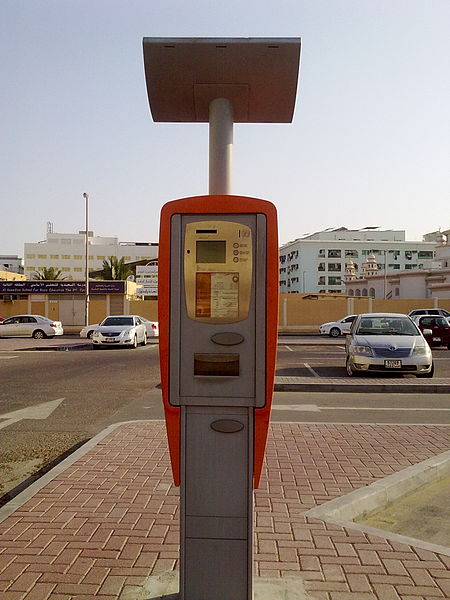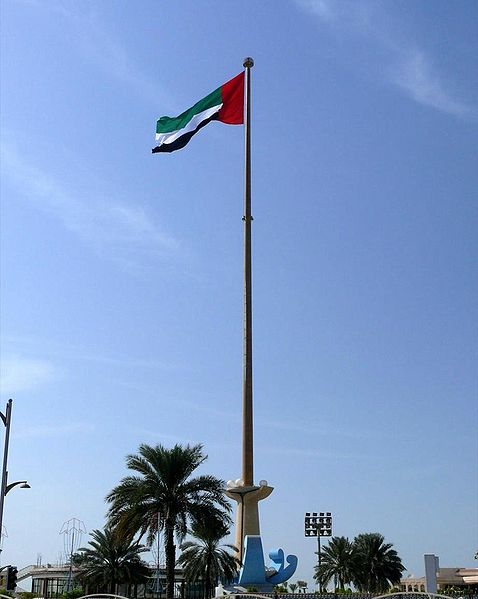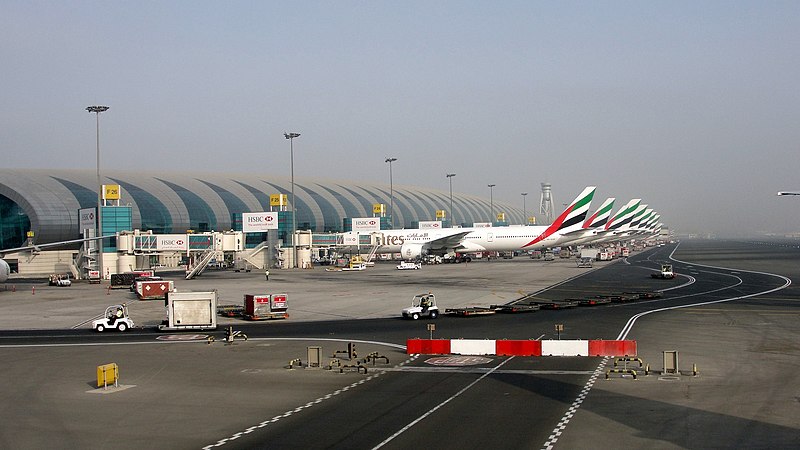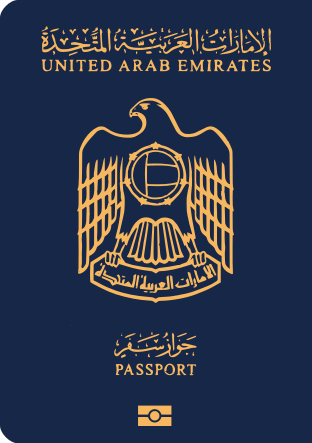
Saudi Arabia has increased the minimum wage for its citizens working in the private sector to SR4,000, subsidized by the Human Resources Development Fund (Hadaf), up
from SR3,200, effective September 5.
The aim of this move is to improve the well-being of workers and strengthen the national labor market.
This change is one of the five significant updates introduced to the regulations governing the "employment support" initiative offered to private sector establishments by Hadaf.
The decision was announced as part of Hadaf's ongoing commitment to bolster the sustainability of the country's domestic workforce.
These updates indicate a shift in approach, designed to adapt to the evolving labor market while addressing emerging challenges. They include a key revision, which eliminates the requirement for a grace period for submitting requests for the employment support initiative within the initial 120 days of the employee's social insurance registration. According to the updated guidelines, establishments are now eligible to apply for support 90 days after the employee's registration, effectively marking the conclusion of the trial period.
During the first three months of the employee's appointment (the first 90 days of social insurance registration), the establishment will cover the employee's wages. The application window for the employment support initiative extends from the 91st day to the 180th day following the employee's insurance registration. In alignment with the fifth update, Hadaf has clarified that any support request submitted after 180 days from the employee's registration will not be accepted.
These regulatory changes will take effect for new requests for the employment support initiative from September 5. Meanwhile, current beneficiaries will continue to receive support according to the previous regulations. Photo by lawepw, Wikimedia commons.

